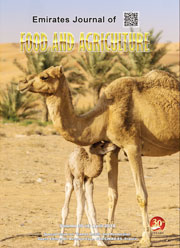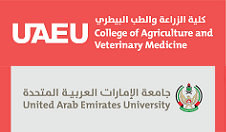GROWTH STIMULATING EFFECT OF BOVINE MILK LACTOFERRIN ON DERMAL CELLS AND PROBIOTIC BACTERIA
DOI:
https://doi.org/10.9755/ejfa.2015-06-447Keywords:
Antidysbiosis activity, Antiulcer activity, Bovine milk lactoferrin, Cell proliferation, Wistar ratAbstract
The purpose of this work was to solve the regulation problems of protection processes through biologically active proteins in the animal body, in particular, to study the role of the receptor mechanism in the effect of lactoferrin and its derivatives (peptides) on the cell proliferation. There are presented the results of studying the bovine milk lactoferrin effect on the dermal fibroblasts and human keratinocytes, the growth of Bifidobacterium adolescentis B-1, as well as the study of anti-ulcer and dysbacteriosis activity of bovine milk lactoferrin and its hydrolyzates in an experiment in vivo. Bovine milk lactoferrin in the same dose inhibits the keratinocytes proliferation much more actively than stimulates the proliferation of dermal fibroblasts that allowed considering the immortalized keratinocytes as targets in a model system with bovine lactoferrin to study the mechanism inhibiting the cell growth. The bifidobacteria strains, which are not sensitive to bovine lactoferrin, turned out to be inert toward its peptides that may indicate the possibility of implementing the action on the cellular target of bovine lactoferrin and products of its limited proteolysis through a single receptor mechanism. Peptides of bovine lactoferrin, the most active in reference to stimulating the bifidogenic property of beneficial microorganisms, proved to be more effective in protection the gastrointestinal tract from ulceration of the gastric mucosa and dysbiosis. The minimum dose (1 mg per 1 kg of the animal body weight), the mucosal ulcerous erosion was not diagnosed as a result of injecting the mixture, was ~ 300 for bovine milk lactoferrin, ~ 100 for hydrolysates (after 4 hours of proteolysis), and ~ 10 (after 24 hours of proteolysis). In the experiments in vitro and in vivo, the peptides of low molecular weight have a stronger biological effect than the native bovine lactoferrin in the same concentration.










 .
. 